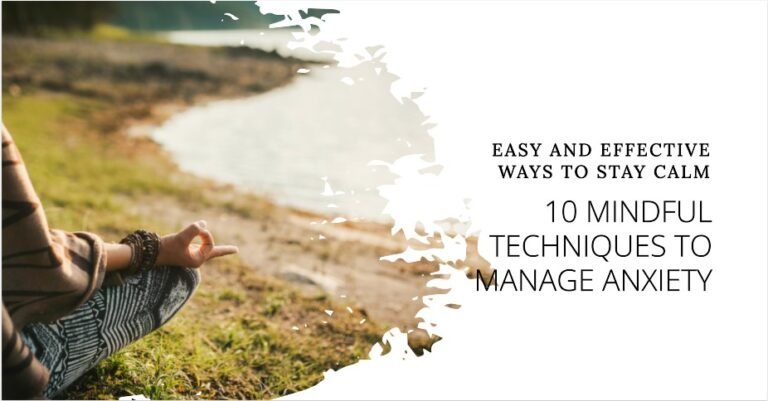Understanding the Benefits of Meditation for Mental Health
Introduction
Mental health is a critical aspect of our overall well-being, and taking care of it should be a top priority. In today’s fast-paced world, stress and anxiety are common, and it can take a toll on our mental health. Fortunately, there are many practices that can help improve our mental health, and one of the most effective is meditation. In this article, we’ll explore the benefits of meditation for mental health and how it can help you lead a happier and more fulfilling life.
What is Meditation?
Meditation is a practice that involves focusing the mind and calming the body. It can take many forms, including mindfulness meditation, guided meditation, and movement meditation. The goal of meditation is to quiet the mind and focus on the present moment, which can lead to a greater sense of calm and happiness.
How Does Meditation Benefit Mental Health?
There are numerous benefits of meditation for mental health, including reducing stress and anxiety, improving mood, and increasing feelings of happiness and calmness. Here are a few ways that meditation can help improve mental health:
Reduces Stress and Anxiety
Stress and anxiety can have a significant impact on mental health, leading to feelings of worry, fear, and restlessness. Regular meditation has been shown to reduce stress and anxiety by calming the mind and body.
Improves Mood
Meditation has been shown to increase feelings of happiness and well-being by increasing the release of serotonin, a neurotransmitter responsible for regulating mood.
Increases Focus and Attention
Meditation can also help improve focus and attention by training the mind to concentrate and remain calm in the face of distractions.
How to Incorporate Meditation into Your Routine
Incorporating meditation into your daily routine can be simple and easy. Here are a few tips for getting started:
Start with Short Sessions
If you’re new to meditation, start with short sessions of just a few minutes and gradually increase the time as you become more comfortable.
Find a Quiet Space
Find a quiet and comfortable space where you can meditate without distractions.
Practice Regularly
Make meditation a regular part of your routine by setting aside time each day to practice.
Conclusion
Meditation is a powerful tool for improving mental health and reducing stress and anxiety. By incorporating meditation into your daily routine, you can experience the many benefits it has to offer, including increased feelings of happiness and calmness, reduced stress and anxiety, and improved focus and attention.
Frequently Asked Questions:
- What is the best type of meditation for mental health? There is no one “best” type of meditation for mental health, as each person may respond differently to different practices. However, mindfulness meditation is a popular and effective form of meditation for mental health.
- How long does it take for meditation to improve mental health? The time it takes for meditation to improve mental health will vary for each person. However, regular meditation can lead to noticeable improvements in mood and mental well-being over time.
- Is meditation the same as mindfulness? Meditation and mindfulness are related practices, but they are not the same thing. Meditation refers to a broader range of practices, while mindfulness refers specifically to the practice of being present in the moment.
- Can meditation be done anywhere? Yes, meditation can
